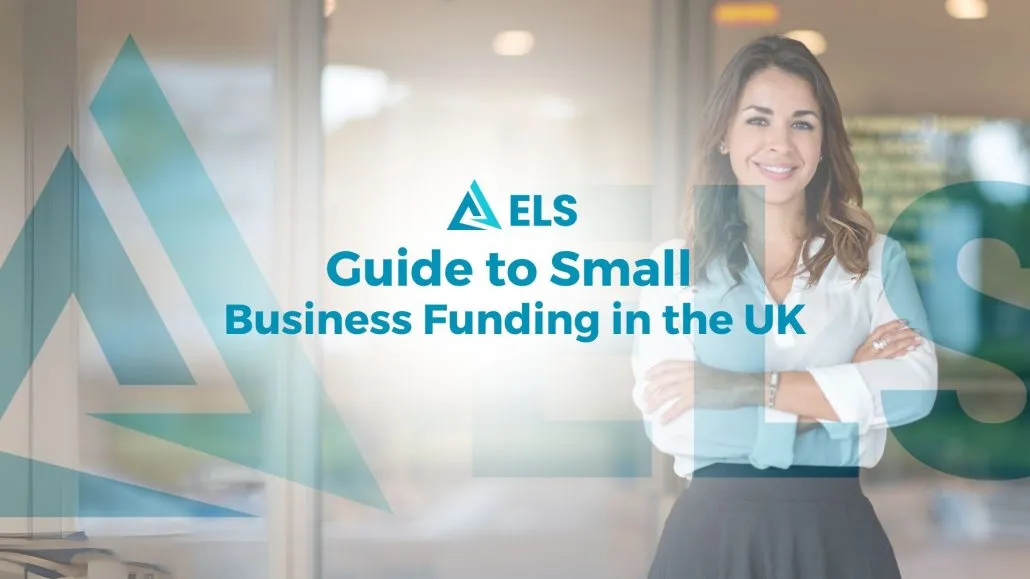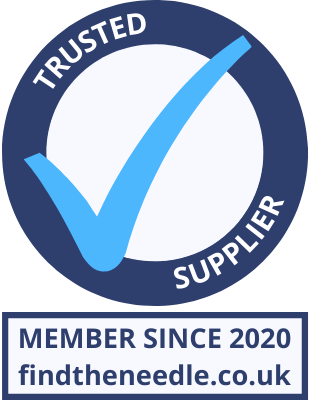 Add My Company
Add My Company

Welcome to our Guide to Small Business Funding Options.
In today’s fast-paced business world, having access to the right funding can make all the difference. Whether you’re looking to expand, manage cash flow, or invest in new equipment, there’s a funding solution tailored to your needs. Let’s dive deep into the various funding options available to small businesses, their advantages, disadvantages, and best use cases.
Guide to Small Business Funding
1. Secured Business Loans
What are they?
Secured business loans are loans backed by collateral, such as property, machinery, or other assets. This collateral acts as security for the lender, reducing their risk.
Advantages:
- Potentially larger loan amounts.
- Lower interest rates due to reduced risk for the lender.
- Suitable for businesses with a strong asset base.
Disadvantages:
- Risk of losing the asset if repayments are not made.
- Might require property valuation, which can be time-consuming.
Best for:
Businesses with valuable assets that are confident in their ability to repay the loan.
2. Unsecured Business Loans
What are they?
Unlike secured loans, unsecured business loans don’t require collateral. They’re based on the creditworthiness of the business.
Advantages:
- No need to put assets at risk.
- Faster application process.
- Suitable for businesses without significant assets.
Disadvantages:
- Potentially higher interest rates.
- Might have stricter credit requirements.
Best for:
Businesses without significant assets or those not willing to risk their assets.
3. Short-Term Business Loans
What are they?
Short-term loans are typically borrowed over a period of a few months to a year. They’re designed to address immediate needs.
Advantages:
- Quick access to funds.
- Short repayment period can mean less total interest paid.
Disadvantages:
- Higher interest rates compared to long-term loans.
- Not suitable for long-term investments.
Best for:
Addressing immediate cash flow issues or capitalizing on a short-term business opportunity.
4. Merchant Cash Advance
What are they?
A merchant cash advance provides funds in exchange for a percentage of daily credit card sales. It’s repaid as you earn.
Advantages:
- Flexible repayment based on sales.
- No collateral required.
- Quick access to funds.
Disadvantages:
- Can be more expensive than traditional loans.
- Reduces daily cash flow since a portion of sales is used for repayment.
Best for:
Businesses with strong credit card sales, such as retailers, restaurants and hotels.
5. Working Capital Loans
What are they?
These loans are designed to finance the day-to-day operations of a business, like covering payroll or rent.
Advantages:
- Helps smooth out cash flow fluctuations.
- Can be secured or unsecured.
Disadvantages:
- Not suitable for long-term investments.
- Can have higher interest rates.
Best for:
Businesses looking to manage daily operational expenses.
6. Asset Finance
What are they?
Asset finance allows businesses to obtain equipment, machinery, or vehicles without paying the full amount upfront.
Advantages:
- Spreads the cost of expensive equipment.
- Potential tax benefits.
- Can improve cash flow.
Disadvantages:
- The asset might be repossessed if repayments aren’t made.
- Might end up paying more over time.
Best for:
Businesses needing expensive equipment without tying up capital.
7. Short Term Invoice Financing
What is it?
Short term invoice financing allows you to finance incoming or outgoing invoices so you get immediate cashflow, don’t have to wait for payment or even spread the cost of stock.
Advantages:
- Stay in Control: You decide which invoices to finance.
- Grow Your Business: Use the cash to take on new opportunities.
- Easy Process: Simple application, quick turnaround.
Disadvantages:
- Can be more expensive than traditional loans.
- Terms are only up to 12 months
Best for:
Businesses needing immediate cashflow
Qualifying for Small Business Funding in the UK
How do I qualify for a business loan in the UK?
To qualify for a business loan in the UK, lenders typically look at your business’s trading history, credit score, monthly card sales, and overall financial health. While each lender has its criteria, a trading history of approximately four months and a monthly card sale of more than £2,500 are often preferred.
Is it difficult to get a business loan in the UK?
The difficulty in securing a business loan depends on various factors, including your business’s financial health, credit score, and the lender’s criteria. While traditional banks might have stricter requirements, alternative lenders often provide more flexible options.
Do you need a deposit for a business loan in the UK?
Not always. While some lenders might require a deposit or down payment, especially for larger amounts or if there’s a higher perceived risk, many funding options, like unsecured loans or merchant cash advances, don’t require a deposit.
What do banks look for when applying for a business loan in the UK?
Banks typically look at your business’s credit score, financial statements, trading history, business plan, and cash flow projections. They might also consider the industry you’re in, the overall health of your business, and any collateral you can offer.
Understanding the Implications of Business Loans
Is a business loan a good idea in the UK?
A business loan can be an excellent idea if used strategically. It can help in expansion, purchasing equipment, or managing cash flow. However, it’s crucial to ensure that the loan terms are favorable and that the business can comfortably manage repayments.
Do business loans hurt your credit?
If managed responsibly, business loans can improve your credit. However, missed or late payments can negatively impact your credit score. It’s essential to understand the terms and ensure timely repayments.
Is a business loan considered income in the UK?
No, a business loan is not considered income. It’s a liability that needs to be repaid. However, the money you make from investing that loan can be considered income, and you might be liable for taxes on any profits.
Navigating the Application Process
How do I get credit for a new business in the UK?
New businesses can explore various funding options, including startup loans, angel investors, venture capital, or crowdfunding. Building a solid business plan, showcasing market potential, and having a clear repayment strategy can increase your chances of securing credit.
What information do you need about my business?
Lenders typically require details like your business’s financial statements, trading history, business plan, and details of assets and liabilities. They might also ask for information on company directors and any existing debts.
How long does the application process take?
The duration varies by lender and loan type. While traditional bank loans might take weeks, alternative lenders, especially online platforms, can process applications and disburse funds within days.
What happens at the end of the agreement?
At the end of the loan agreement, once all repayments are made, the business is free from any obligations to the lender. For asset finance, the business might have the option to purchase the asset, continue leasing, or return it.
What are the rates/fees?
Rates and fees vary based on the loan type, amount, term, and the lender. It’s crucial to understand all associated costs, including interest rates, service fees, and any early repayment charges.
Can I settle early?
Many lenders allow early settlement, but it’s essential to check if there are any penalties or fees for doing so.
Are there any tax benefits?
Yes, interest payments on business loans are often tax-deductible. However, it’s always best to consult with a tax professional to understand specific benefits for your business.
Guide to Small Business Funding – Conclusion
Securing the right funding is crucial for the growth and sustainability of your business. By understanding the various options available and their implications, you can make informed decisions that align with your business goals. Always consider seeking advice from financial experts to ensure the best outcomes for your business.
For more information on The Comprehensive Guide to Small Business Funding Options talk to Equipment Leasing Solutions Ltd

